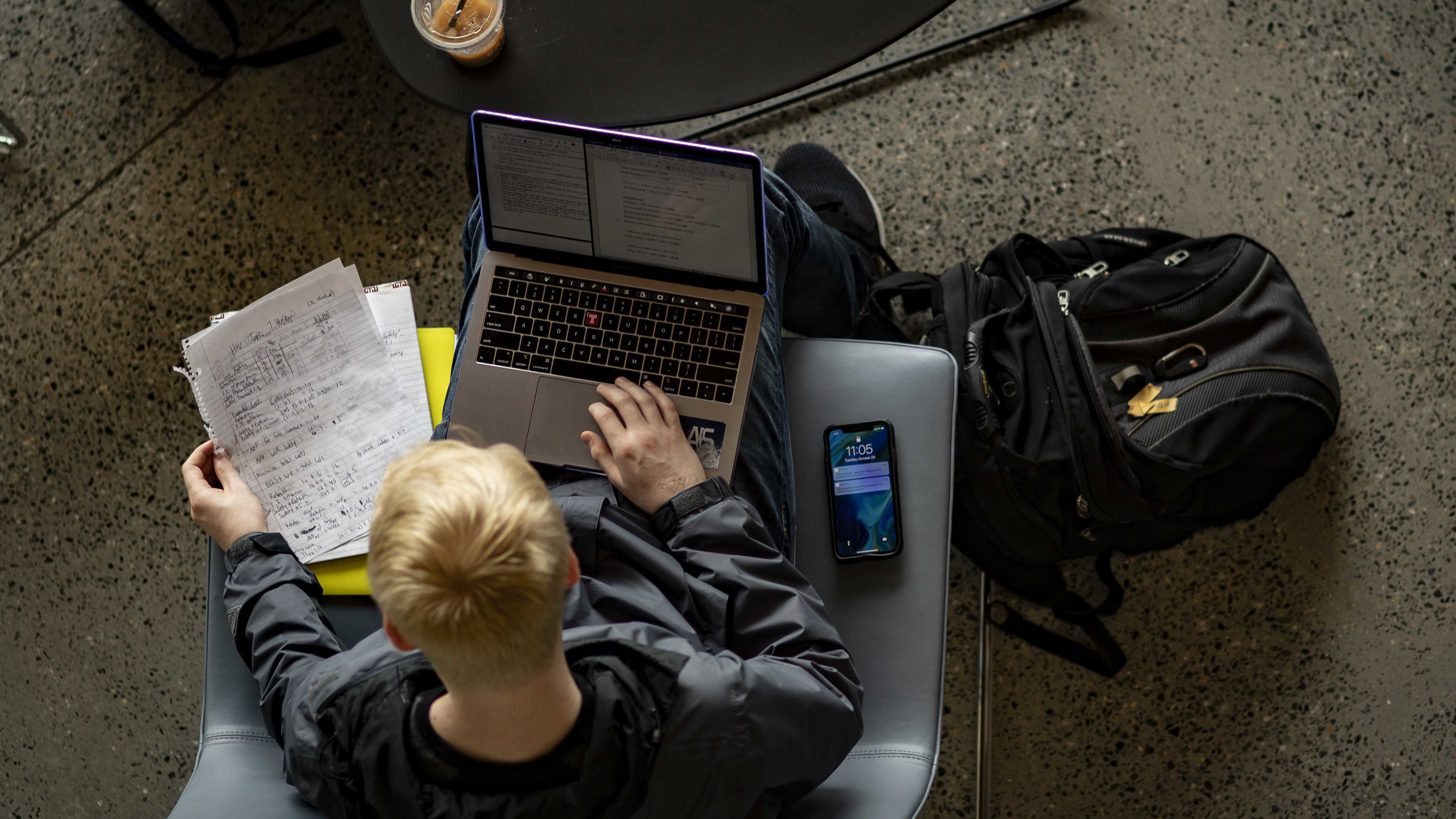We’ve gone virtual, now what?
Tips for accessing your classes, services and more.

For some of you online and alternative learning is old hat, so to speak, but for others it may be new.
For all you newbies, here’s what you’ll need. First, you need a device. It doesn’t matter if it’s a desktop computer, a laptop, a tablet or a smartphone. Any will do the job for most online learning purposes as long as it has internet access and reliable broadband with a high or unlimited data allowance. The good news is that you should be able to access most of the platforms we use—such as Canvas, Zoom and VoiceThread—from your smartphone. More information, including training videos, is available at the TUPortal “COVID-19” tab (In fact, the TUPortal “COVID-19” tab has tons of great information for you).
Okay, so you’re set for taking classes online. What about things like tutoring, advising or counseling services? These academic support services will remain open, but you will have to access them remotely. Also available will be Student Health, Tuttleman Counseling Services, Disability Resources and Services, and many other student services. Again, you can find more information about how to access these services during this period at the—you guessed it—TUPortal “COVID-19” tab.
And if you need to use the libraries? Charles Library is closing on March 19, but many of the library's services are still available online. Learn more about which library resources you can take advantage of for the remainder of the semester.
Finally, while we’re apart, we want you to stay healthy. Try to avoid close contact with individuals who present symptoms. Remember to wash your hands frequently with soap and water or use a hand sanitizer containing at least 60% alcohol. And, avoid sharing food, drinks and devices like smartphones. In other words, take care of yourself.